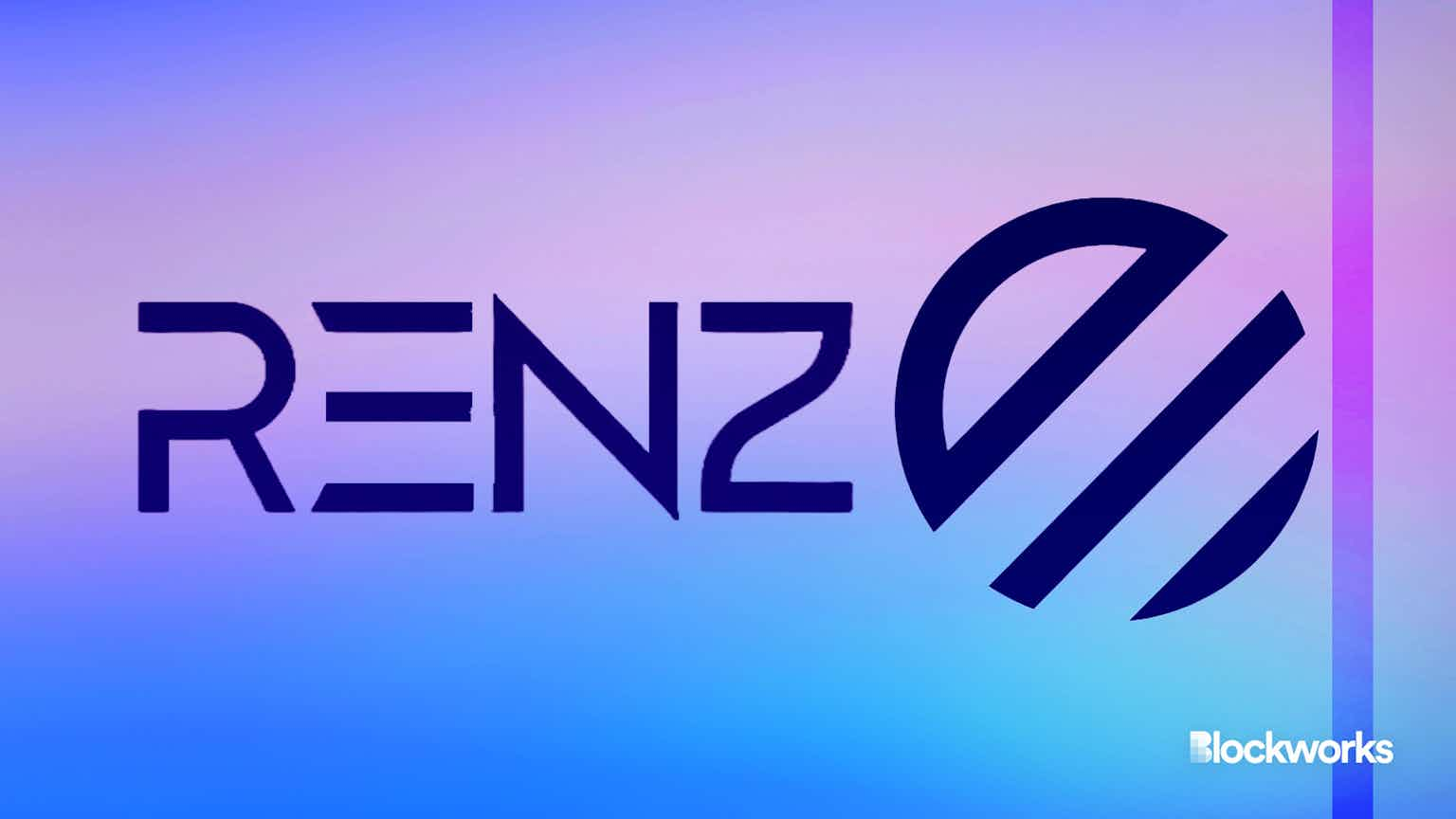J.P. Morgan Testing Blockchain to Solve Money Transfer Woes
Within Taiwan and Indonesia, major banks have signed up to J.P. Morgan’s pilot program.

Source: Shutterstock
key takeaways
- Mismatched payment details are a common cause of wire transfer failure, and it can take days to recover and resend funds
- Using a blockchain solution called Confirm, the sending bank will be able to request confirmation of the beneficiary account information in near real time before the wire is sent
In an effort to lower costs and reduce the number of rejected and returned transactions between global banks, including Tawian, J.P. Morgan is using a blockchain technology called Confirm.
Confirm is a global account information validation application, which runs on the bank’s blockchain-powered Liink network. Today, incorrect beneficiary details is one of the leading causes of wire transfers being rejected. With Confirm in place, the sending bank will be able to request confirmation of the beneficiary account information in near real time before the wire is sent.
Previously, beneficiary information had to be verified by the recipient bank — and if incorrect sent back in a process that would see the funds tied up for days if not longer. Once the information is validated, the payment may be sent through J.P. Morgan’s global clearing solution PayDirect to route the payment via the most efficient rail.
“The Confirm tool on J.P. Morgan’s Liink network empowers users with the ability to validate account information prior to initiating a payment, ultimately reducing the number of payment returns and allowing banks to increase their straight-through processing rates, decrease operating costs, and potentially prevent fraud,” Christine Moy, global head of Liink, told Blockworks.
Within Taiwan, the majority of the country’s major banks have signed up to the pilot. In Indonesia, PT Bank Negara Indonesia (Persero), a state-backed bank and one of the largest in the nation has implemented the software for the pilot.
“The real-time data validation and ledger sync across individual banking silos is one of the prime examples of blockchain applications,” said Nick Chang, former operations boss at MaiCoin Group, a Taiwanese digital asset exchange. “I would like to see Confirm induct more partnering banks in the coming months. I am also curious about SWIFT’s counter move.”
Chang said that one of the challenges J.P. Morgan would have encountered when it was developing the system comes from the difficulty in building a consensus mechanism. Inception delays are the norm when parties come together to try and participate in creating standards, he said. He added that a subsidiary of MaiCoin called AMIS had worked on a blockchain-based domestic cross-bank transfer project in Taiwan that collaborates with the existing networks run by a company called FISC.
As Indonesia provides the world with millions of migrant workers, over 250,000 reside in Taiwan according to authorities, the country is heavily reliant on inward remittances.
In 2020, nearly $10 billion in remittances were sent into the country, many of which came from overseas workers. Last year, BRI Ventures, a subsidiary of Bank Rakyat Indonesia, invested in Singapore-based FinTech Nium which produces an API that allows for Ripple’s xCurrent, another blockchain-based solution to digitally disrupt the remittance industry, to be integrated into a bank’s software stack.
Indonesia is also home to an active stablecoin industry, and the country’s central bank has reportedly come around on the technology viewing it as a solution to cross-border remittance woes instead of a threat to its control of the currency.





